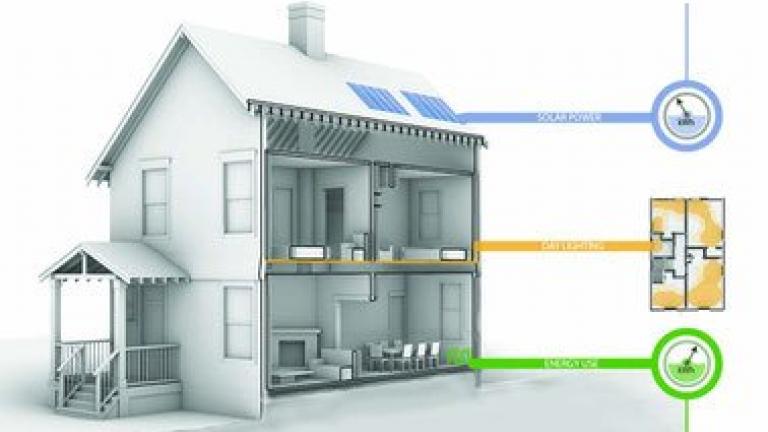
Learn and explore key scientific principles, technologies, and analysis techniques for designing comfortable indoor environments while reducing energy use and associated climate change effects.
About this online course:
Meeting growing global energy demand, while mitigating climate change and environmental impacts, requires a large-scale transition to clean, sustainable energy systems. Students and professionals around the world must prepare for careers in this future energy landscape, gaining relevant skills and knowledge to expedite the transformation in industry, government and nongovernmental organizations, academia, and nonprofits.
The building sector represents a large percentage of overall energy consumption, and contributes 40% of the carbon emissions driving climate change. Yet buildings also offer opportunities for substantial, economical energy efficiency gains. From retrofit projects to new construction, buildings require a context-specific design process that integrates efficiency strategies and technologies.
In this course, you'll be introduced to a range of technologies and analysis techniques for designing comfortable, resource-efficient buildings.
The primary focus of this course is the study of the thermal and luminous behavior of buildings. You'll examine the basic scientific principles underlying these phenomena, and use computer-aided design software and climate data to explore the role light and energy can play in shaping architecture.
These efficiency design elements are critical to the larger challenge of producing energy for a growing population while reducing carbon emissions.
Meet your instructor:

Professor, Director of the Building Technology Program
Massachusetts Institute of Technology






